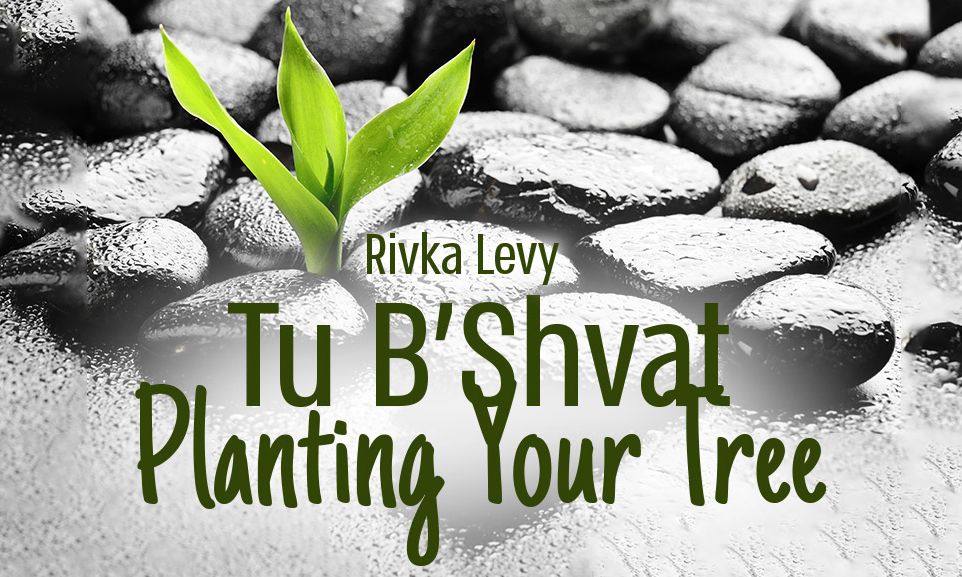
Tu B’Shvat: Planting Your Tree
Trees teach us that there is an ideal season for everything, including aliya. Miss the ideal time, and you’ll have to put in a lot more effort and prayer to make it work...

This Tu B’Shvat marks almost exactly a year since we started to do our garden. When we moved in, the garden had been neglected for 10 long years, and was full of roots, building rubbish and weeds.
That we managed to do any garden at all is remarkable in itself – we had very little cash, and even less rain. But with a lot of prayer, pretty much everything we’ve planted has thrived – and all on the water from my washing machine!
I’ve learned so many lessons from clearing my garden and planting things in it that are particularly relevant to people who are trying to ‘transplant’ themselves and their families, and I wanted to share some of them with the readers of Breslev Israel. This first part is about the lesson of the trees; and G-d willing, the second part will be about the lesson of the weeds.
There’s a Jewish dictum that ‘man is a tree’. Before I moved to Israel, I never really understood what that meant, but as they say, the air of Eretz Yisroel makes a person wise.
In Hebrew, the word for rain is ‘GeSHeM’ (גשם); and the word for materialism is very similar: ‘GaSHMiut’ (גשמיות). Man and plant alike needs a certain amount of ‘geshem / gashmiut’ to grow and survive, but not always in the way you might think, particularly in Israel.
Before we realized just how severe last year’s drought was going to be, I had plans to recreate things I’d seen and liked in the UK: lush lawns, acers, and astilbes – all plants that require a tremendous and continuous amount of water. You can still grow them here – but one serious dry spell and they’d die very quickly.
Once I realized that water – geshem / gashmiut – was far less abundant in Israel, particularly in times of drought, it made me realize that I had to choose plants that were suited to life in a hot climate. Olive trees, oleanders, lavenders, grape vines, and palms.
This taught me that not every ‘lifestyle’ suits Israel. It’s very difficult to maintain the lifestyles that involve big salaries, shopping trips, holidays, and luxuries here. And any hint of ‘drought’ kills them off very quickly.
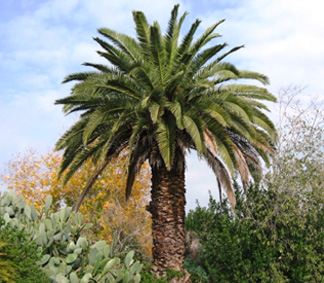
Image courtesy of Emuna Outreach
Before I made aliyah, my husband and I came across a number of people whose aspiration to live in Israel had ‘died’ in this way. In one case, the man had a nice home and a nice job in Israel, but he left because he knew he could earn five times as much doing the same thing in the UK. Another couple left because the man’s job wasn’t paying them so much, and they wanted the ‘easier’ life that London appeared to offer, at least financially.
But they forgot that just as a tree needs the rain to grow, it also needs the sun.
The next thing that I learned was that timing is everything. Even a very robust, sun-loving plant would struggle to strike roots and thrive if it got stuck in the rock-hard ground in the middle of a boiling summer. The best times to plant were Rosh Hashanah and Tu B’Shvat. During those two times the ground is warm enough and the rain is either on the way or already arrived.
This point speaks for itself – there is an ‘ideal’ season for everything, even making aliyah. Miss the ideal time, and you’ll have to put in a lot more effort and prayer to make it work.
Next, I found out that the plants that would have the best chance of surviving and thriving with little or no additional irrigation, other than what Hashem Himself provided, were the smaller plants and saplings.
The younger they were, the more hardy and adaptable they would be. An olive sapling can strike roots in the most adverse conditions, with little water and on stony ground. It will live, survive, and even thrive. But a 100 year old olive tree that’s been transplanted requires an enormous amount of TLC, and even if it gets the best spot in the garden, with prime soil and limitless water – it can still die.
Again, this lesson was pretty self-explanatory: but then Hashem sent me a piece of information that really blew me away.
We couldn’t afford to install a drip irrigation system, so I started to read up on the best way to water plants by hand. If a plant is suited to the climate, then the best way to water it is what it’s used to in the wild. That means infrequent but heavy rain in the winter, and then nothing much at all in the summer.
Over the first year or two, the gardener needs to ‘water stress’ the plant – without killing it – to get the plant’s roots to go down as deeply into the earth as possible, which makes them more drought-hardy and ensures their future survival. You do this by watering only once a fortnight, but watering very heavily.
By contrast, daily drip irrigation made a plant’s root system stay shallow, just below the surface of the ground. Great while the water was flowing freely – but if the tap ever got turned off, the plant would die in next to no time.
From the outside, it would look like these ‘naturally watered’ trees and plants weren’t growing very much for the first year, because all of their efforts would be going into their roots. By contrast, the ‘drip-fed’ trees would be much lusher and bigger, initially – because all of their effort would be going into their branches and leaves. But by the second or third year, the trees with the stronger roots would catch up with their top-heavy contemporaries, and even, outgrow them.
When I learned about this, I remembered the dictum that ‘man is a tree’, and I thought about all the people who had had an easier aliyah than we did. All the people who found jobs straight away, who lived in communities they liked straight away, who left one comfort zone to step straight into another comfort zone.
From the outside, their aliyah looked so much healthier and happier than ours did. They appeared to be getting regular watering and attention from Hashem with no, or little ‘stress’. Meanwhile, we had months and months of ‘drought’.
At the time, it was very hard to understand. But when I started to learn about how you should plant a tree in Eretz Yisrael, it all started to make a lot more sense to me. I could see that those times of ‘drought’ – when we didn’t have jobs, when we had a lot of debt, when we couldn’t find the right place to live, when life was ‘barren’ in such a profound sense of the word – made us develop our ‘emuna’ tap root, and made us really stretch towards our Creator, our life-giving force.
On the outside, it looked like we were static; sometimes, it even looked like we drooping, or G-d forbid, dying. But our roots were going deeper and deeper, and our attachment to Hashem and to Eretz Yisroel were growing all the time.
A long time ago we realized that there was simply no other place we’d rather live. We got used to the periods of ‘drought’ and we learnt to make do, and to make the most of whatever gashmiut / geshem Hashem sent us.
Over the last couple of years, the ‘outside’ of our aliyah has started to catch up with our roots. Thank G-d, my husband now has a wonderful job. Thank G-d, we have a wonderful house (with a small mortgage) in a beautiful part of Eretz Yisroel. Thank G-d, our kids are thriving in school and are growing up as Israelis, in the best sense of the word. Thank G-d, my husband learns every day in a great yeshiva. Thank G-d, we are really starting to flourish.
Some people need to have the ‘drip irrigation’ to even have a chance of staying in Israel. It’s amazing that they transplanted their families at all, and the Head Gardener knows the conditions they need to thrive. But you speak to them, and you can hear that for many of them, their roots don’t go down very deep. You know that their aliyah is at the ‘surface level’, and that one serious external ‘drought’ situation could kill it off, G-d forbid.
When you speak to others, the ones that got more of the ‘natural watering’ approach from the Head Gardener, you understand immediately that they are here to stay; that their roots go deep, deep down, and that their experiences have only strengthened their attachment to Israel, Hashem and the Jewish people.
Our sages compare the Jewish people to an olive tree: every Jewish soul was created to thrive in Eretz Yisroel, but after such a long period of exile, this knowledge has got lost or confused.
So many of us have got used to the non-stop geshem / gashmiut in exile, that we think we’ll die without it. The truth is otherwise. The truth is that when a plant that’s suited to a hot climate is given excessive water, it shortens its lifespan. In some cases, the excess water and dampness rot its roots, or cause mold and other fungal diseases that severely disfigure and harm the plant.
In other cases, the plant looks beautiful – perhaps even more beautiful than when it’s being naturally watered, because all the effort is going into its external appearance, instead of its roots – but its life span will be much shorter. The excessive water means that it runs out of the ‘energy’ it needs to continue to grow and expand. Instead of living for 20 years, it lives for half that amount of time.
Again, the lesson is obvious.
Even in a drought year, with minimal water, our trees and plants have thrived. They’ve grown faster than I’ve ever seen plants grow in my life, even in rain-drenched London. It’s almost magic.
Man is a tree. This Tu B’Shvat, strive to plant your family tree in the right place, and trust that the Head Gardener will provide you with the optimal conditions that you and your family really need to thrive.


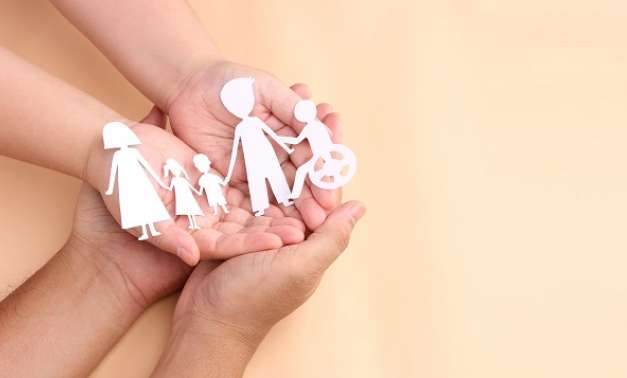

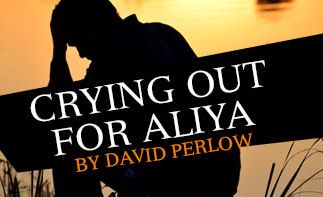
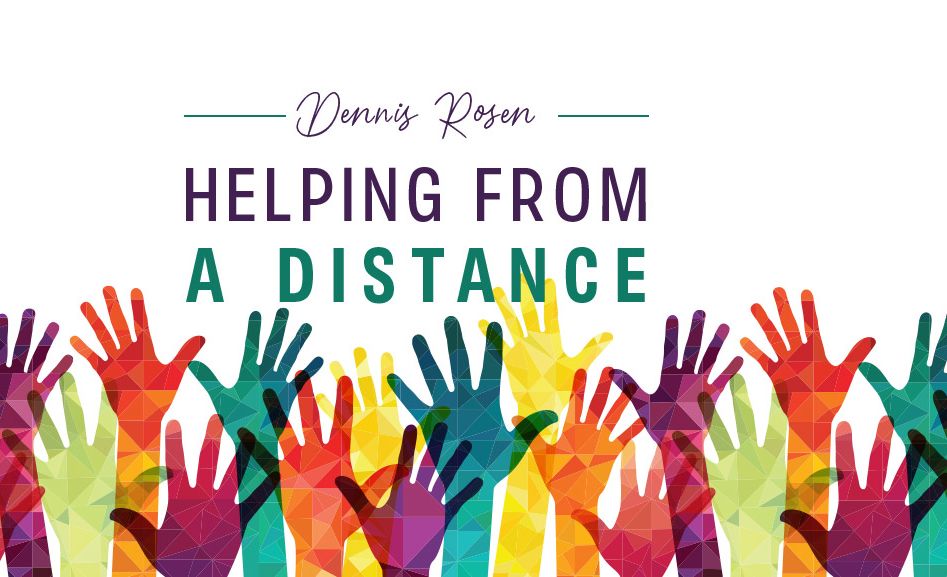
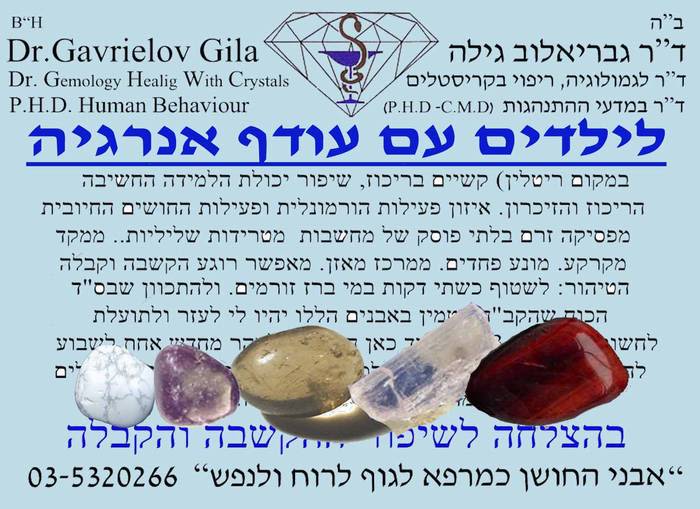
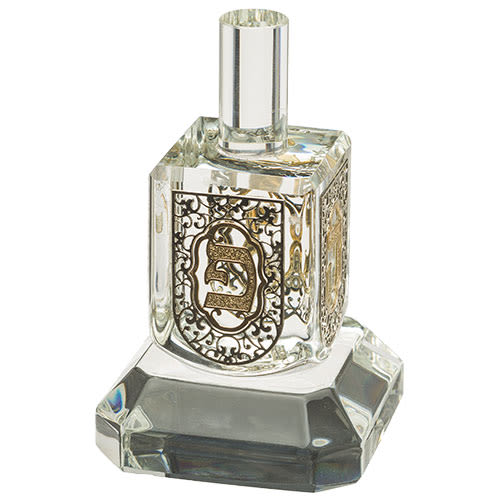
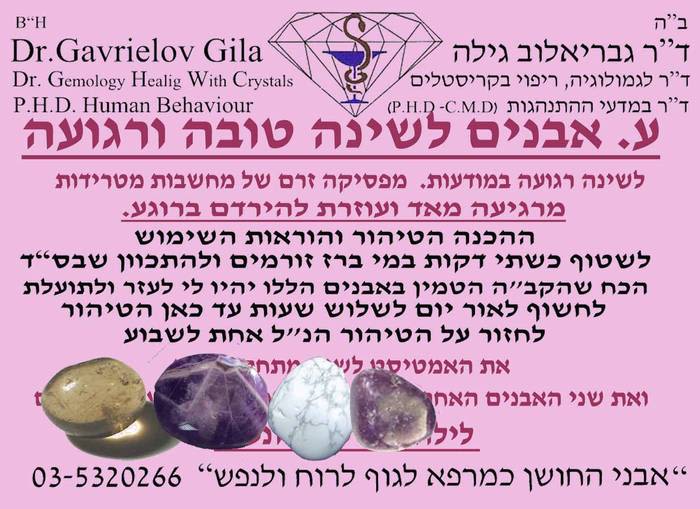
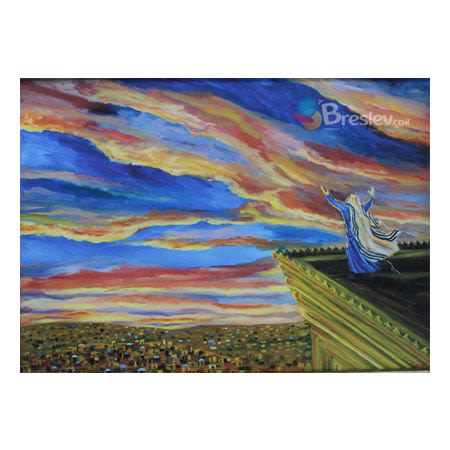
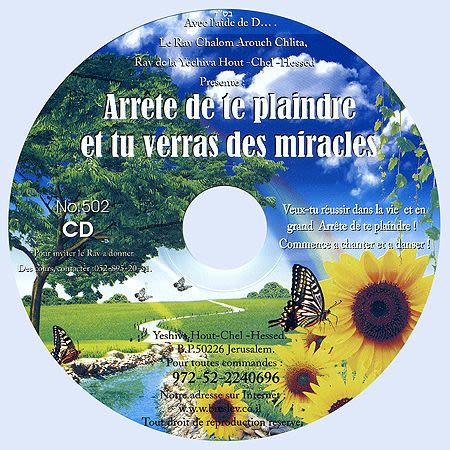
Tell us what you think!
Thank you for your comment!
It will be published after approval by the Editor.